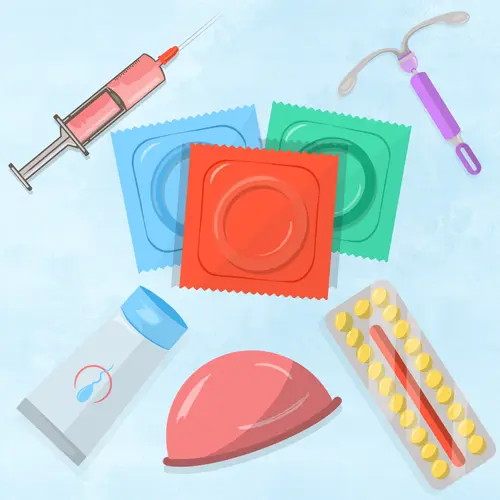Some women who are on hormonal birth control get mood swings and other emotional side effects. Sometimes the changes may help, such as easing your crankiness or anxiety. But other women report feeling depressed or going through such a severe emotional roller coaster that they quit their hormonal contraceptives.
What’s going on?
Hormonal Birth Control and Depression
Contraceptives that use hormones to keep you from getting pregnant come in many forms. They include the pill, the mini pill, implant, shot, intrauterine device (IUD), patch, and vaginal ring.
Researchers don’t have enough evidence to say for sure if hormonal birth control causes depression. But most of the information available suggests that the answer is likely a no. Still, researchers can’t rule out that there may be a link between those contraceptives and depression.
Part of the uncertainty stems from the fact that every woman reacts differently to hormones. Another reason is that studies have turned up conflicting findings.
For example, some research says that women get extra benefits from hormonal birth control, such as fewer depressive symptoms or lessened emotional symptoms from premenstrual dysphoric disorder (PMDD).
But other studies have found a link between women, especially adolescents, who used hormonal birth control and their rates of depression and antidepressant use. Sixteen-year-olds in one study who took birth control pills cried more and had trouble sleeping.
Researchers think that hormonal contraceptives may have a bigger effect if a woman already has a mood disorder. But more studies are needed.
Picking Your Birth Control
Your choice will depend on things like your lifestyle, ease of use, cost, and when and if you plan to have a baby.
If you’re worried about how hormonal birth control may affect your mood, ask your doctor if you might have other options. They might include:
- Birth control that has fewer androgenic progestins (a type of hormone)
- Continuous combination hormonal contraception. There is a version of the pill that allows you to take a hormone pill every day and not have a period each month.
- Combination hormonal contraceptives you don’t take by mouth. The patch and vaginal ring are examples of this.
- Hormone-free alternatives like a copper intrauterine device, condoms, and diaphragm/cervical cap
When to Talk to Your Doctor
Be alert to any mood swings or changes you have when you take hormonal birth control. Symptoms of possible depression include:
- Having a hard time concentrating or making a decision
- Lack of energy
- Feeling more tired
- Feeling “empty” or hopeless
- Not enjoying your usual hobbies or activities
- Trouble sleeping or sleeping too much
Call your doctor right away if:
- You have any of the above symptoms for more than 2 weeks
- Your symptoms feel more severe than regular mood changes
- Your mood is affecting your work, school, or home

